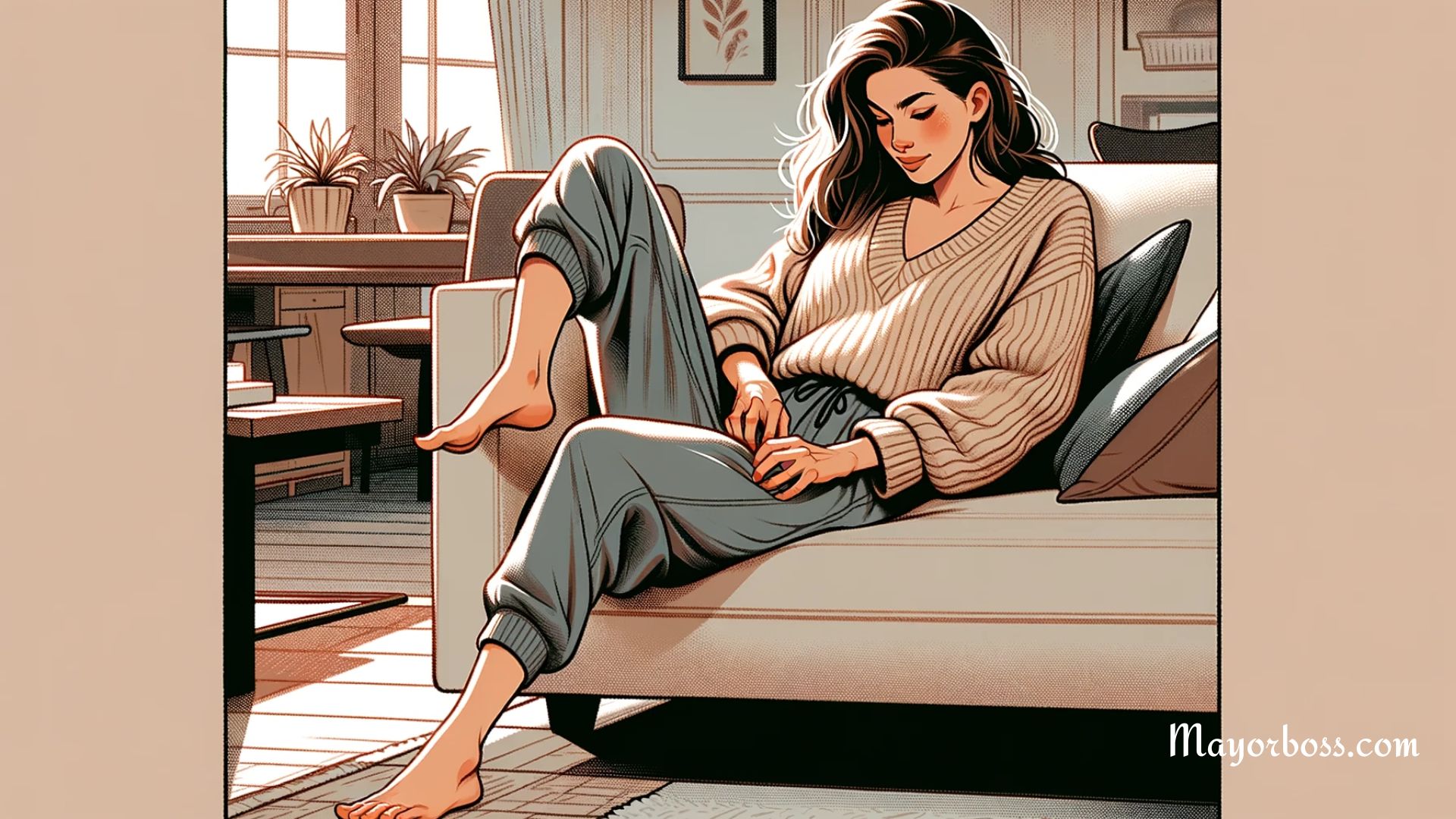What It Truly Means When Your Bruise Itches
A bruise, or contusion, is a mark on your skin that appears after an injury. It happens when you bump into something hard, and the force causes small blood vessels under your skin, called capillaries, to break. This leads to blood leaking into the surrounding tissues, which creates that familiar discolored spot on your skin.
Bruises can vary in color from red and purple to yellow, and they might be painful or not, depending on the severity of the injury. Also, older adults often get bruises more easily because their skin is more fragile.

Understanding Bruises and Nutrition
Interestingly, bruises don’t just come from bumping into things. Sometimes, they can be a sign of nutritional issues. For example, if you’re not getting enough iron, which is crucial for making healthy blood, you might see random bruises popping up. This is because your blood isn’t as robust as it should be.
Vitamin C deficiency can also cause bruising, as this vitamin is essential for keeping your blood vessels healthy and strong. Additionally, some medications can make you more prone to bruising. Unlike bruises from injuries, these bruises often don’t hurt when you press on them.
The Itching of Healing Bruises
You might have noticed that sometimes, as a bruise heals, it changes color and starts to itch. This itching is actually a good sign and is part of the healing process.
Why Do Bruises Itch?
When your body is healing a bruise, it releases a chemical called histamine. Histamine plays a role in the body’s inflammatory response, which is a key part of healing. However, histamine can also make your skin itch. So, when your bruise itches, it’s often because your body is busy repairing the damaged area.
Scratching an itchy bruise can feel good at first, but it can actually irritate your skin even more. This is especially true if you have dry skin, which can make the itching feel more intense. According to experts, dry skin can also make bruises more tender and painful.
How to Alleviate Itching
Fortunately, there are simple ways to help reduce the itching. Applying a cool or warm compress can be soothing. Over-the-counter creams can also help. Avoiding harsh soaps is a good idea, as they can irritate your bruise even more. Keeping the area moisturized with a gentle lotion is another helpful tip.
In a nutshell, while itching is a normal part of the healing process, if you notice anything unusual about your bruise, like excessive pain or swelling, or if it doesn’t start to fade after a few days, talk to a healthcare professional. They can make sure everything is healing as it should be.
